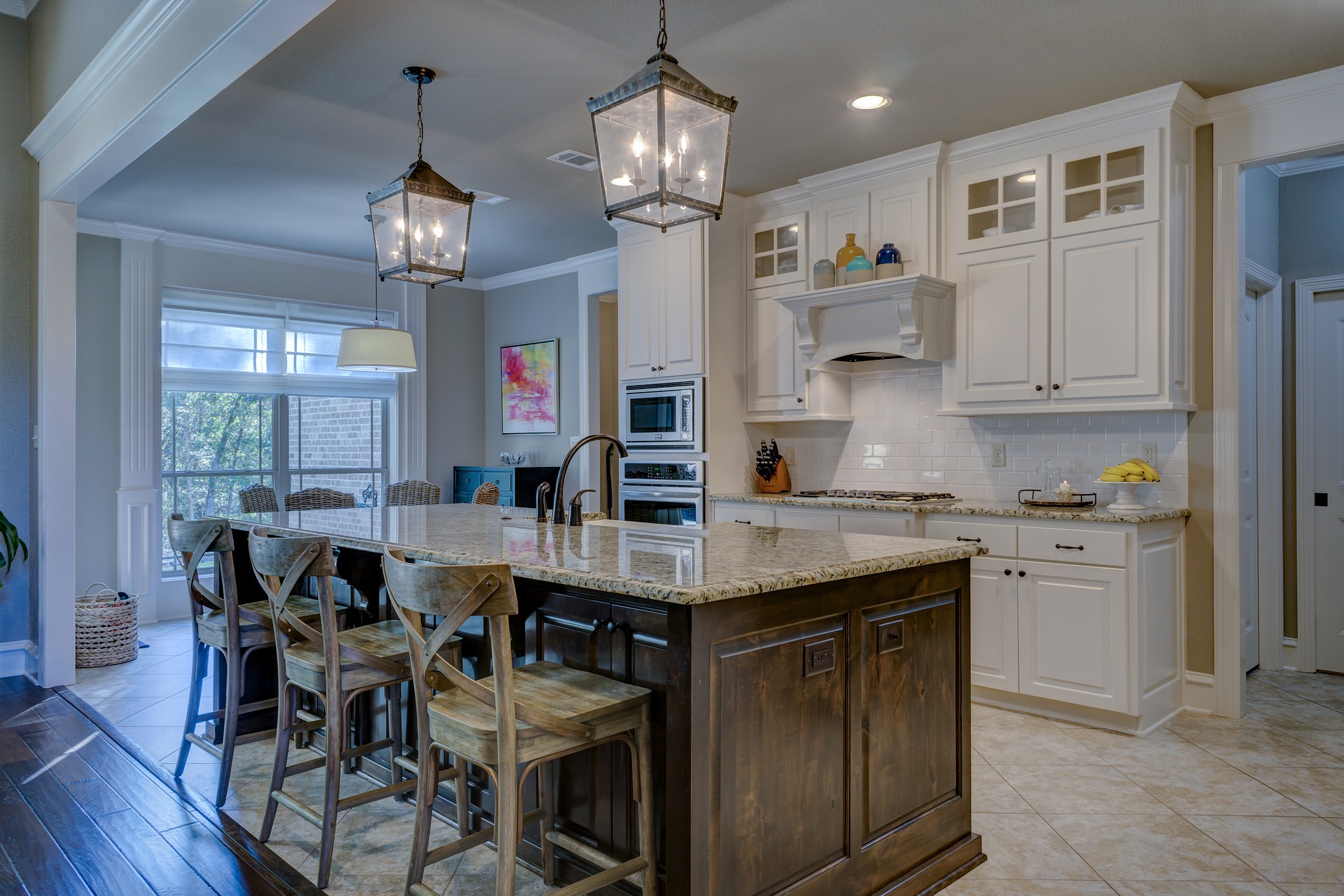Sign up to our newsletter!
No matter if you are moving, or improving, our newsletter is packed with the best tips, tricks and ideas to help you dwell well.
Buying a new property / home can be both time consuming and costly. Many sales fall through, but this can be after you have already started to incur costs (e.g survey) not to mention your time with multiple viewings, arranging a mortgage, etc.
Your solicitor or conveyancer will carry out all the legalities regarding your purchase, but often things can go wrong at this stage, when questions are asked to support the purchase and issues are found which should have been dealt with in the early days of viewing the property.
So, we have asked our property experts to provide a list of questions to ask the estate agent and seller, right at the beginning and before you have incurred any costs. Whilst the property you are viewing may seem to be your dream home or absolutely the right home for your family and circumstances, ‘behind the scene’ issues may make you reconsider buying or at least making a lower offer.

By asking the following questions before you make an offer or arrange a survey, you will already have reduced the chance of incurring costs or a sale not being able to proceed. We also recommend, you visit our mortgage brokers who can give really good advice and can find the best deals. They can also give guidance on whether you will be accepted for a mortgage, how much it will cost and which is the best deal for you.
And some interesting facts which make asking the following questions so important:
Have the sellers found a property or are they actively viewing? Many sellers want to sell their property before looking for one to buy, if this is the case you need to confirm that they are really serious about selling because:
The seller may be on a tight timescale due to a job relocation or children's schooling issues.
If a seller needs to sell, it can be an opportunity to drive a good deal. Is this property part of a chain and has the seller found another property or are they still looking? If they are still looking this may jeopardise your purchase if they can't find the property they want. Similarly, if they have found a property they really want, they may be more willing to accept a lower offer rather than lose their property?
There are a number of reasons why a property is slow to sell but ask this question and you could find out whether:
If there have been a number of offers, but none acceptable to the seller, this may show they are inflexible on price.
Have previous sales fallen through? If so, this may indicate that problems have been uncovered with the survey or some legal issues such as: restrictive covenants on the property or some local planning proposals that have made the buyers pull out of the sale
More than 10 viewings could flag-up the fact that the property is over-priced or has issues. No viewings may also suggest the property is over-priced or in an area that has low demand. This could ultimately affect any purchaser selling the property in the future.
This may give you a clue as to what is going-on and how strong is your bargaining position
• Carpets
• Curtains
• White goods
• Electrical light fittings
• Wood burner, if there's a real fire, is it safe to use
• Other things (list)

This can affect your insurance and, in some cases, being refused insurance altogether. Insurance companies are increasingly picky about past claims and whilst, later down the sales progress, your solicitor should highlight these, you will already have spent a lot of time and money, so best to pick these issues up early so full consideration can be given and the implications if you still decide to proceed with the purchase.
And, if they say no and you later find out that they have not told the truth you may be able to take action against them.
Boundary disputes or just problem neighbours can be a nightmare and a direct question is the best way to tackle these nightmare issues early on.
• Extensions
• Conversions (attics garages)
• New windows
• Cavity wall insulation
• Damp-proofing
• Woodworm treatment
• Builders work especially: removed any internal walls, chimney breasts
• Is the gas and electricity on a pre-payment card. If so, this is more expensive and harder to change supplier than a metered supply
• Has the property got a water meter If so, this can be an additional higher cost if you have a large family using a lot of water
• How old is the boiler, is it a combi-boiler? Boilers older than 10 years can have expensive repair issues. Older back-boilers and systems older than 30 years will probably be at the end of their life and complete renewal of the hot water and heating system can be expensive and messy
• When was it last rewired? ask to see electrical and gas installation checks/reports. Properties older than 25 years and have not been rewired might need expensive re-wiring and this will also mean replastering and redecorating (as the walls will have to be chased to accommodate the new wiring layout)
If you have a car or more than one car and there is no off-street parking you will have to consider what parking facilities are available, if residents parking permits are needed and what is the cost? If it is convenient to do so, we also recommend you drive past the property at different times (eg evenings and weekends) to see if there could be potential issues. Around school areas, parking may be restricted and if it isn’t you can almost guarantee ate school opening and closing times, parking for residents will be an issue!
You can print off our Buyers checklist.pdf and Property Viewing Checklist.pdf. Our property viewing checklist will help when you view a property.
Live well with Moving and Improving